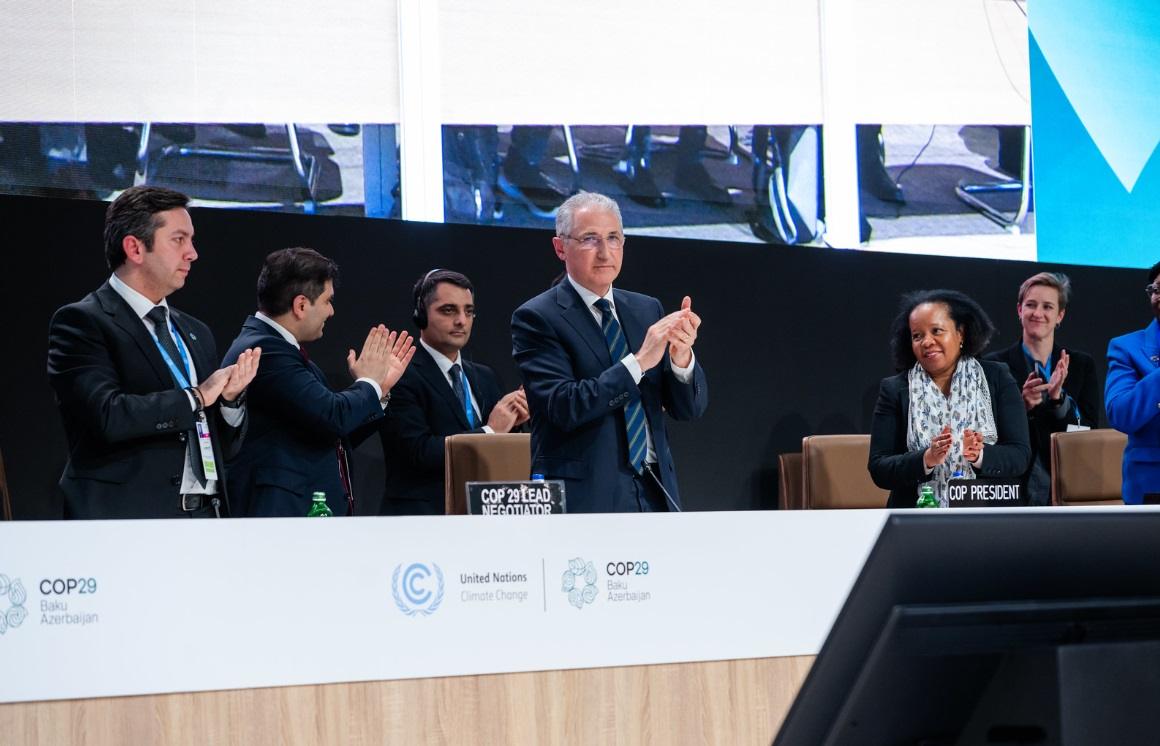Nestlé Targets Agriculture in EMEA on Path to Reaching Net Zero Climate Goals
Food and beverage giant Nestlé announced its top climate priorities for Europe, Middle East, and North Africa, on the path to achieving its environmental sustainability goals, which include reaching net zero emissions by 2050.
With nearly two thirds of the company’s emissions linked to agriculture, Nestlé stated that it aims to change with its suppliers the way food is produced, with farming practices will transitioning to regenerative agriculture to benefit nature and improve farmer incomes.
In December 2020, Nestlé released its ‘time-bound plan,’ outlining specific details on the company’s plans to halve greenhouse gas emissions by 2030 and to achieve net zero by 2050, with initiatives including advancing regenerative agriculture (improving soil health and maintain and restore diverse ecosystems), planting hundreds of millions of trees, completing the company’s transition to 100 percent renewable electricity by 2025, and continuously increasing the number of ‘carbon neutral’ brands.
In Europe, Middle East, and North Africa, where cocoa, coffee and milk are the company’s key ingredients, Nestlé’s efforts will focus on healthy soils, net-zero dairy farms, and sustainably sourced cocoa and coffee. The company outlined some of its key initiatives, including ongoing programs in the UK and France enabling farmers to reduce or eliminate pesticide use, and apply techniques such as permanent soil cover, crop rotation, and reduced tillage; efforts to achieve net zero dairy farms, and; programs aimed at reaching the company’s goal to have 100% of its cocoa and coffee sustainably sourced by 2025.
Marco Settembri, Nestlé CEO for Europe, Middle East and North Africa, said:
“Our projects on healthy soils, low emission dairy farms, and sustainably sourced cocoa and coffee show promising outcomes. We are confident that those collaborations with farmers and suppliers can be extended to reach our net-zero climate goal.”
Katja Seidenschnur, Nestlé Sustainability Director for Europe, Middle East and North Africa, added:
“We work with farmers, shift our portfolio to more plant-based products and introduce carbon-neutral brands. We also rethink our manufacturing and distribution processes as well as make our packaging more circular. All those actions will help us progress on our journey down to zero. We leverage our global R&D network to deliver on our climate commitments. Let’s work together with the whole value chain and governments to get this done.”





